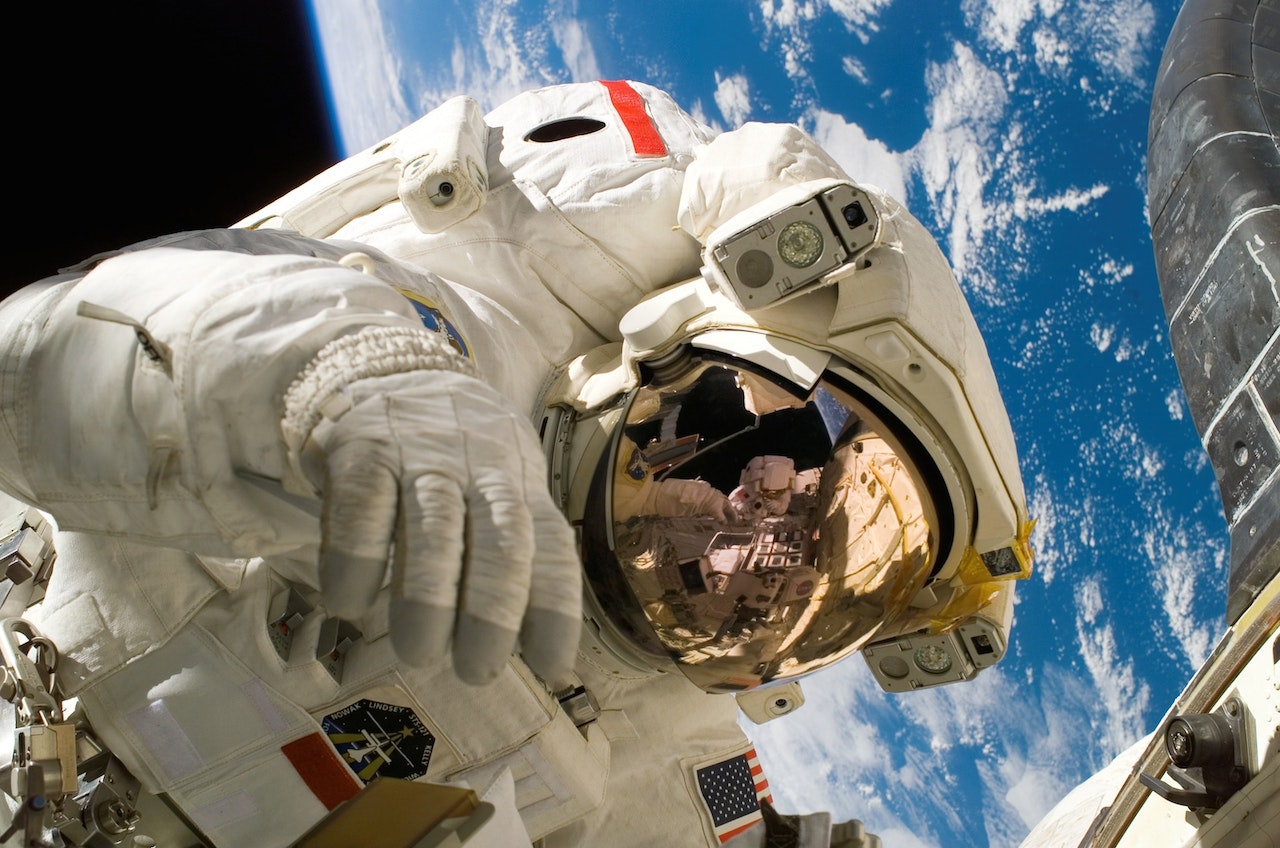Mars, the fourth planet in our solar system, has captivated human imagination for centuries. The idea of humans living on Mars has transitioned from science fiction to scientific possibility in recent times. Thanks to the advancements in technology and various space missions, it’s no longer just a dream – it’s an achievable goal! Several organizations including NASA, SpaceX and others have been working relentlessly toward colonizing Mars.
But when exactly can we expect humans to live on Mars? Predictions and proposed mission timelines continue to vary, as numerous factors will determine the successful establishment of a human settlement on Mars. Let’s take a closer look at some of those factors and when they might converge into our very first Martian neighborhood.
The Challenges of Living on Mars
Making Mars habitable for humans poses several challenges. Scientists will need to overcome these challenges one by one before they plan for any long-term habitat:
1. Atmosphere: The Martian atmosphere is thin, composed mainly of carbon dioxide, with traces of nitrogen and argon gases. To make it breathable for humans, we would need to find a sustainable way to convert this atmosphere into an Earth-like composition that’s rich in oxygen.
2. Water: Water is essential for survival; however, water resources on Mars primarily exist as ice deposits under its surface. Hence, scientists will need to develop efficient systems to extract and convert those ice deposits into usable water.
3. Radiation: Mars lacks the protective magnetosphere that Earth has – this means that harmful cosmic radiation penetrates its surface directly. Creating radiation-resistant habitats and protective suits for future Martians are necessary for their safety.
4. Agriculture: Establishing sustainable agricultural systems that can function on Martian soil will be crucial for long-term food production and self-sufficiency of human settlements.
5. Psychological well-being: Human settlers will face mental health challenges while residing on Mars due to prolonged isolation and confinement away from Earth. Developing a supportive environment will be key to overcoming these challenges.
Inspiration Mars Foundation: Targeted Launch Year – 2028
An organization aiming to build a better tomorrow through space exploration, the Inspiration Mars Foundation is planning a crewed mission around 2028. This will be a round trip mission where astronauts would fly by the Red Planet in their spaceship and return to Earth without landing on it. This mission aims to gather valuable data about habitability factors surrounding Mars that could accelerate plans for colonization in the years ahead.
SpaceX’s Mars Colonization Plan: Targeted Arrival Year – Mid-2030s
SpaceX’s ambitious plan involves creating reusable spacecraft like the Starship system that could transport large numbers of people and cargo between Earth and Mars every 26 months when their orbits align favorably. According to Elon Musk, SpaceX CEO, their plan could theoretically see humans arrive on Mars by 2024-2026 if everything goes smoothly with their technology development (although this seems overly optimistic). A more realistic timeline is placing human settlers on Mars by mid-2030s.
NASA’s Journey To Mars: Targeted Arrival Year – 2030s
NASA’s ultimate plan consists of extensive lunar missions through its Artemis program with plans to put a crewed habitat at Lunar Gateway in orbit around the Moon by the end of the 2020s or early 2030s. Following that, NASA aims to land astronauts on Martian soil within the same time frame as SpaceX – around mid-2030s. Although NASA’s plans do not yet specifically include building settlements on Mars, their goal is deep space exploration which paves the way forward towards eventual habitation beyond Earth’s Moon.
Considering current technologies being explored and advancements made so far within NASA’s Artemis program and SpaceX’s Starship testing, we could potentially see human settlers on Mars by mid-2030s or late 2030s at the earliest. However, prediction dealing with space missions are always tentative considering unforeseen technological hurdles or funding restrictions that arise over time.
Ultimately, we are making progress towards colonizing and living on Mars in the coming decades, opening doors not only for scientific discovery but also for incredible feats of human exploration promising unprecedented benefits back on Earth!

